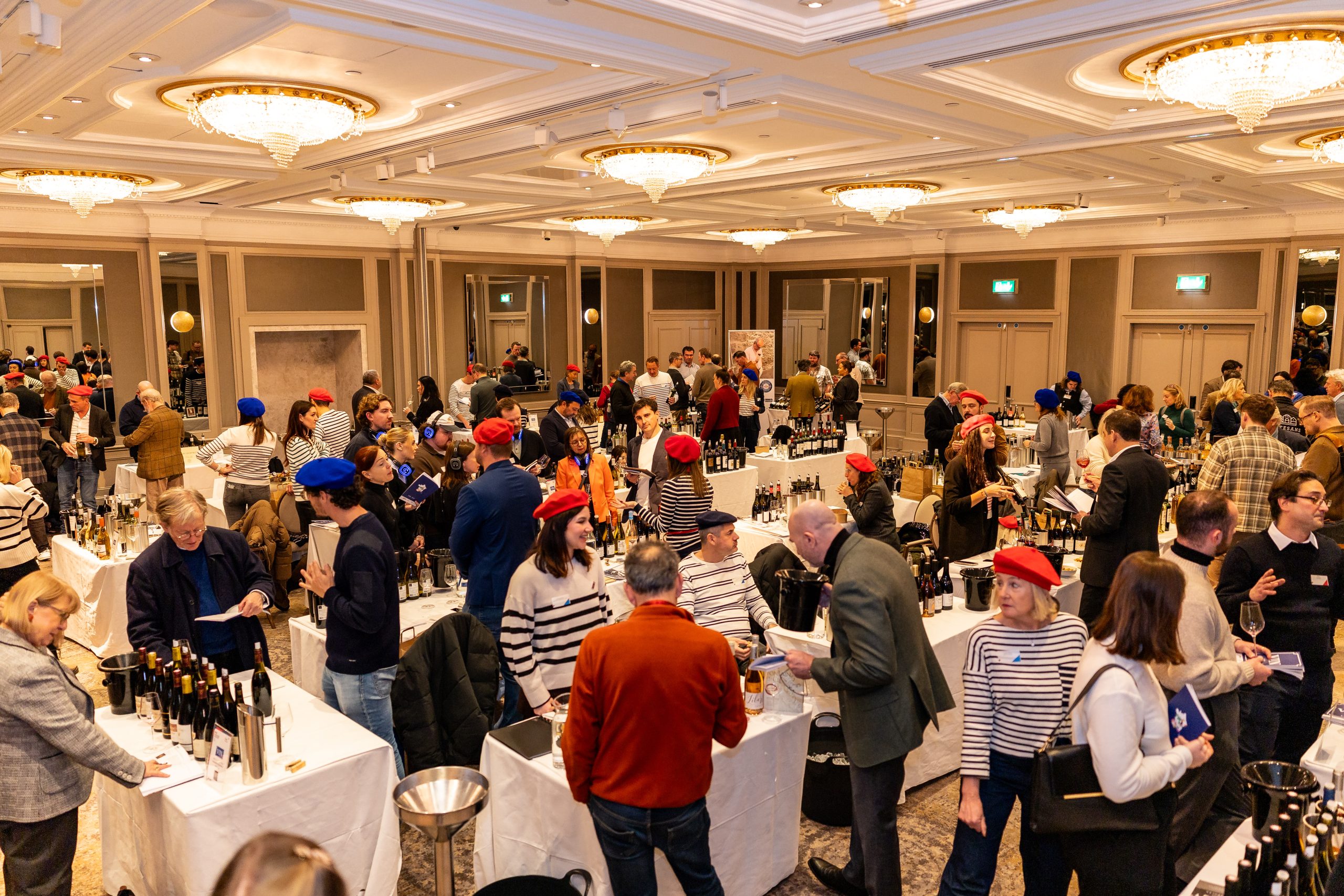Calls for alcohol calorie labels ‘miss the point’
Alcohol should be labelled with its calorie content as most consumers are unaware that a glass of wine has “same calories as a doughnut”, according to The Royal Society for Public Health (RSPH).
The RSPH is urging the EU Health Commissioner and the drinks industry to back moves which would see alcohol labelled by calorie content much in the same way as food as a “matter of urgency”.
The calls follow research by the RSPH, published today, which found that 80% of the public did not know or incorrectly estimated the calories in a large glass of wine, while almost 90% did not know the calories in a pint of lager.
While more than than two-thirds, 67% of the 2,117 adults surveyed, said they would would actively support the addition of calorie labelling on alcoholic drinks.
Shirley Cramer CBE and chief executive of RSPH said: “Calorie labelling has been successfully introduced for a wide range of food products and there is now a clear public appetite for this information to be extended to alcohol to help individuals make informed choices. With two in three adults overweight or obese and given that adults who drink get approximately 10 percent of their calories from alcohol, this move could make a major difference to waistlines of the nation.”
However Ian Twinn, director of public affairs at the ISBA which represents British advertisers, said the calls made by the RSPH for calorie info on labels “misses the point rather spectacularly”
He said: “The trouble with the claims by the medical campaigners and the pressure group activists is that they fail to see the whole picture. Calls for yet more info on labels misses the point rather spectacularly. Alcohol producers, through the Portman Group and their support for the Drink Aware campaigns have consistently focused the public’s mind on responsible drinking. Understanding the amount of alcohol and its impact is important to us all.”
“Today’s PR campaign from the obesity lobby confuses the binge drinking and obesity messages. Surley doctors and public health officials need to wonder why people do not understand the blindingly obvious that most food and drink will make us fat if we have too much and do not follow a balanced diet. Campaigns to make us aware of this simple fact would be a lot more effective than hectoring campaigns against consumers and businesses.”
Partner Content
The Portman Group, which monitors the responsible marketing of alcohol in the industry, while supportive of the proposals, stressed that alcohol content, not calorie content, should primarily inform a consumers’ decision.
In a statement it said: “Drinks producers in the UK have already proved they can deliver health information on labels faster and more effectively though voluntary action in partnership with government.
“The industry takes all health-related issues regarding alcohol very seriously and actively promotes and funds Drinkaware, which provides calorie information for consumers through apps and on its website. Drinks producers can play a key role in informing and educating consumers and are open to further discussions about calorie information. However, it is essential that alcohol content, not calorie content, should primarily inform consumer decision-making.”
The calorie content of alcohol drinks is currently listed on the Drinkaware website.
Cramer added: “While we continue to back unit labelling for alcoholic drinks, we believe that many people find calorie labelling easier to translate into their everyday lives. We know that the EU Commission is due to publish it’s findings on extending nutritional labelling to alcohol in December and would be extremely surprised if they didn’t back this measure to improve the public’s health.”
A decision on introducing the measures is expected by December 2014.





Research by Sainsbury’s discovered that 85% of Britons do not know how many calories there are in a glass of wine.
Hardly surprising, is it, given that nothing like 85% of Britons actually drink wine?
Anyway, Lord Sainsbury believes in “providing consumers with the information that they need to make informed choices”. And as a result, the back label of his Winemakers’ Selection Argentinian Malbec is a gigantic mess of information, containing tables, graphics, symbols, codes, a barcode, phone numbers, postcodes and a small map. Oh, and a calorie count.
The question is, on a need to know basis, how much of this do we actually need to know?
Do read the rest of our post at http://sedimentblog.blogspot.co.uk/2014/06/all-you-need-to-know-about-sainsburys.html
There is all talk about a “large” glass of wine, and an “average” glass of wine etc and then the expectation that an exact number of calories will be allocated to an inexact glass size… As usual the tail is wagging the dog and no-one really cares.
I believe that fewer than 5% of the population actually monitor their daily calorie count and so for the rest of us this makes not a jot of difference.
As usual it is a load of extra bureaucracy that we all have to pay for and adhere to where the potential beneficiaries are a tiny percentage – who probably have a good idea of the calorific content anyway – and no-one else cares…
So, you’re saying that consumers are not entitled to know what the calorie count of alcohol is? Even when they want to know? Even though it is on most other products we consume? Really? Surely hiding information from consumers – when they clearly want it – is ‘missing the point’.